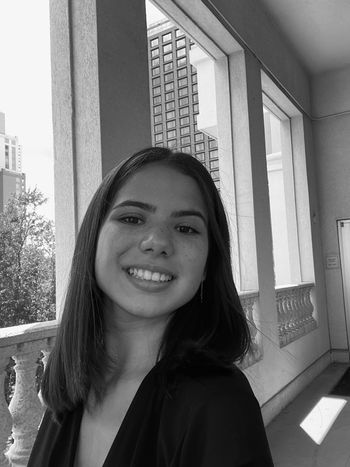University's 'Out List' connects students to queer teachers
The Out List identifies LGBTQ faculty and staff to make 'visible the vibrant LGBTQIA+ community that resides at BU.'
Those on the List can choose to share information about their 'gender identity, sexual orientation, whether they were a first-generation student, racial and ethnic identities, religion, and more.'
Boston University (BU) recently published its Out List, an initiative meant to “promote visibility, connectedness, and sharing of resources among LGBTQIA+ faculty, staff, students, and the larger Boston University community.”
The Out List identifies LGBTQ faculty and staff to make “visible the vibrant LGBTQIA+ community that resides at BU”, and to help students “find LGBTQIA+ mentors and connect with the wealth of resources our faculty & staff provide.”
The creation of the List followed after BU’s LGBTQIA+ Task Force claimed the “invisibility” of LGBTQ faculty and staff was “pervasive” at BU, and that the university had an “unwelcoming environment.”
[RELATED: Rising number of LGBTQ youth explained by a ‘dash of trendiness’]
According to Thomas Lee, Jr., co-chair of the committee that developed the Out List, the project is also meant to communicate that BU is “a queer-friendly university.”
Those on the List can choose to share information about their “gender identity, sexual orientation, whether they were a first-generation student, racial and ethnic identities, religion, and more.”
Those running the Out List plan to expand the project to include “a list of courses that are taught by LGBTQIA+ faculty each semester, as well as a section highlighting research being conducted by LGBTQIA+ faculty and staff.”
Initiatives such as the Out List are part of a broader trend in higher education of universities attempting to advertise their queer credentials, a trend exemplified by the Campus Pride Index (CPI).
As Campus Reform recently reported, CPI is an organization that allows universities to pay a $225 annual fee to be listed on their site as ‘LGBTQ-friendly’, and showcase their LGBT bona fides.
When asked for comment, BU student Arsheya Maghsoud told Campus Reform, “I do strongly feel that there is a level of bias and irrelevance built into these groups and platforms that appeals to the liberal ideology.”
Maghsoud went on to explain “that [having groups like the Out List] automatically approaches the issue of social interaction through an overly sexualized lens, which begs the question of why platforms or groups like this should even exist.”
Emphasizing the potential for such initiatives to also have an insulating effect, Maghsoud asserted that “[t]his all in all promotes a vicious cycle in which one outlook of the world is promoted and other perspectives and viewpoints are either silenced or brushed off as offensive, ultimately laying the groundwork for dangerous forms of thought.”
Campus Reform reached out to Queer Activist Collective, Boston University Media Team, BU’s LGBTQIA+ Task Force, and LGBTQIA+ FSC. This article will be updated accordingly.

